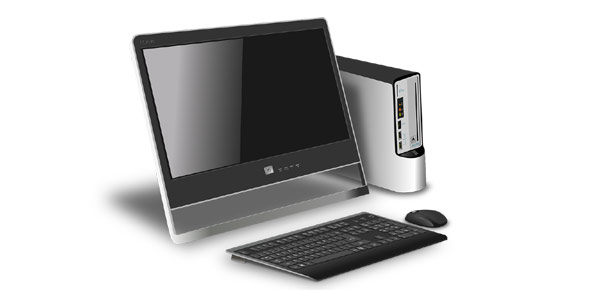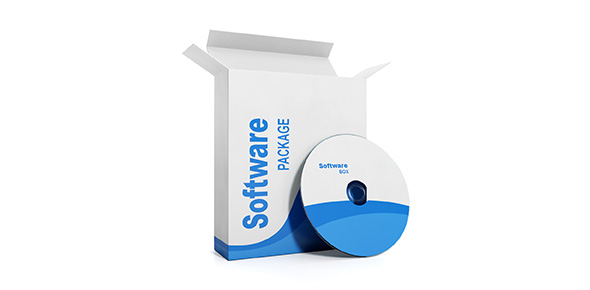Related Flashcards
Related Topics
Cards In This Set
| Front | Back |
|
DES algorithm type, key size and cipher type
|
Symmetric, 56 bits, block cipher
|
|
3DES algorithm type, key size and cipher type
|
Symmetric, 168 bits, block cipher
|
|
AES algorithm type, key size and cipher type
|
Symmetric, 128, 192, or 256 bits, block cipher
|
|
IDEA algorithm type, key size and cipher type
|
Symmetric, 128 bits, block cipher
|
|
Twofish algorithm type, key size and cipher type
|
Symmetric, up to 256 bits, block cipher
|
|
Blowfish algorithm type, key size and cipher type
|
Symmetric, 32 to 448 bits, fast block cipher
|
|
RC5 algorithm type, block size, key size, # of rounds
|
Symmetric, 32, 64, or 128 bit blocks, up to 2040 bit key, 12 rounds of encryption
|
|
RC4 algorithm type, key size and cipher type
|
Symmetric, variable key length, stream cipher
|
|
Name 4 asymmetric encryption algorithms
|
Diffie-Helman, Elliptic Curve Cryptosystem (ECC), El Gamal, RSA
|
|
DNS record that defines the host name and port number of servers providing specific services, such as a Directory Services server
|
SRV (Service)
|
|
DNS record that identifies the primary name server for the zone. It contains the host name of the server responsible for all DNS records within the namespace, as well as the basic properties of the domain
|
SOA (Start of Authority)
|
|
DNS record that maps an IP address to a host name (providing for reverse DNS lookups).
|
PTR (Pointer)
|
|
This DNS record defines the name servers within your namespace. These servers are the ones that respond to your clients' requests for name resolution.
|
NS (Name Server)
|
|
This record identifies your email servers within your domain.
|
MX (Mail Exchange)
|
|
This record provides for domain name aliases within your zone.
|
CNAME (Canonical Name)
|






